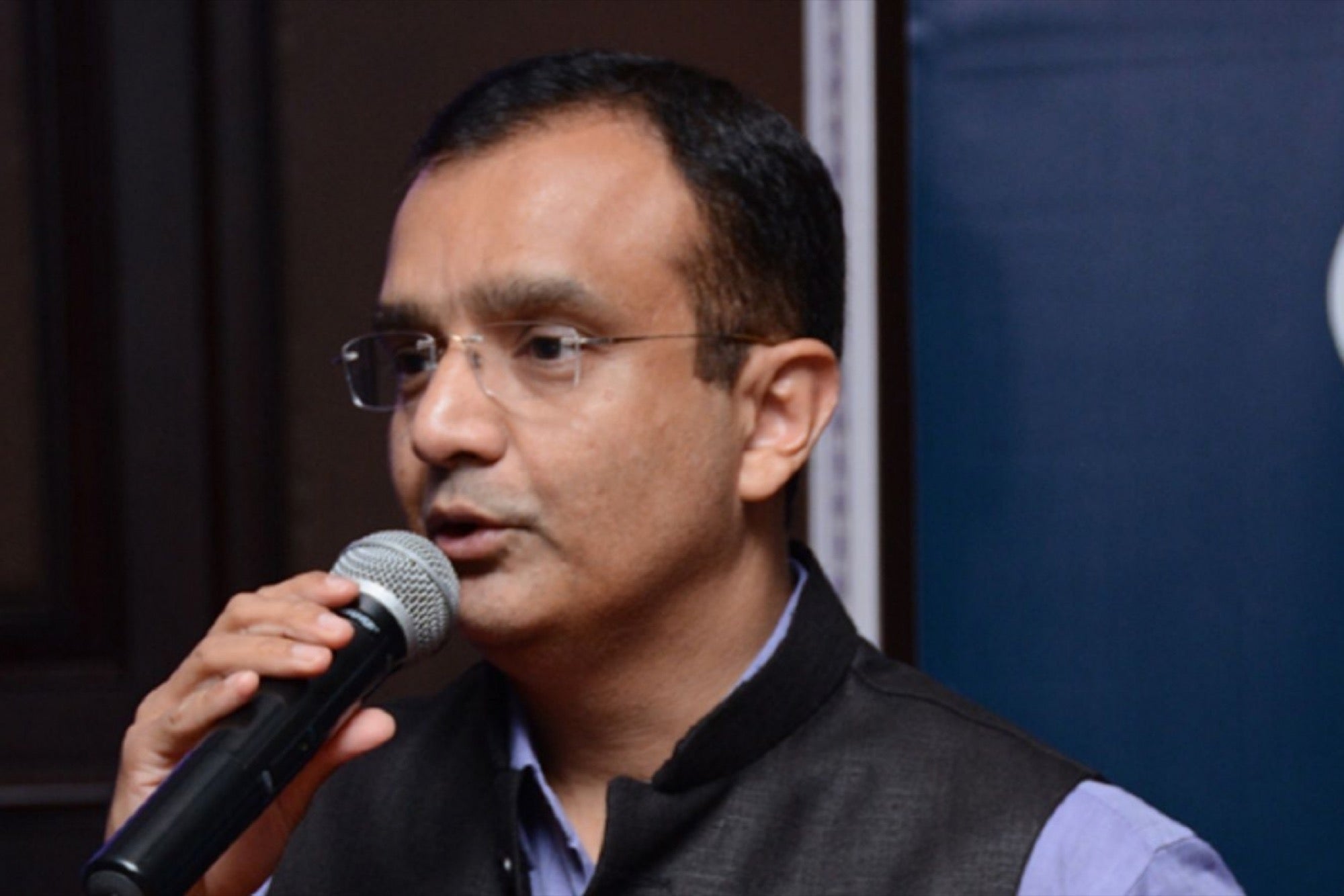You're reading Entrepreneur India, an international franchise of Entrepreneur Media.
Carnegie India is a public policy think tank organization which was launched in April 2016. It is the sixth international center of the Carnegie Endowment for International Peace, Washington DC.
The center's research and programmatic focus includes the political & economic reforms in India, public policy, foreign and security policy, and the role of innovation and technology in India's internal transformation and international relations.
In an interview with Shivnath Thukral, Managing Director, Carnegie Endowment for International Peace India, he spoke about the different implications of national policies on home-grown startups in India.
1. What kind of impact do you see demonetization have of small and mid-level industries.
De-monetisation has already affected the micro, small and medium enterprises. Since the bulk of transactions in this sector are cash-based, a liquidity crunch will likely cause a slowdown in economic activity. In the medium and long-term, however, there is reason for optimism. The inflow of deposits should logically allow for lower interest rates, spurring investment in this sector. Further, the shift towards cashless transactions will encourage registration among such enterprises and allow them to benefit from central and state schemes and incentives. The access to low cost capital should also improve if there is a significant shift to a digital and cashless economy. 2. Do you think the Indian government has enough policies in place for startups?
The government has demonstrated its commitment to the start-up ecosystem through policy initiatives like the Atal Innovation Mission and the Start-up India Action Plan. While these are still early days to determine the effectiveness of these policies, it is clear that these are the crucial first steps needed to create a regulatory environment that welcomes and champions technological innovation in India.
3. How can SMEs, MSMEs amalgamate technology into their businesses?
| A move towards mass scale adoption of technology has already begun. From very basic use such as online social media tools, to modern & sophisticated machine tools for manufacturing to reaching out to the consumers using mobile platforms, the Indian SME sector is already at the forefront of adopting technology. However, majority of this segment is still in the unorganised or unregistered domain which makes it difficult to track their technology adoption levels. But if one tracks the use of cloud based services especially in the IT service industry or data shared by platforms such as Facebook on how small businesses are adopting online tools, it is a clear reflection of how technology is at the core of doing business in many small and medium business enterprises. 4. How can government at state and central level help in digitizing SMEs. MSMEs? Simplifying the registration process is a low-cost policy tweak that can lead to outsized benefits, and make firms more aware of schemes like Zero Effect, Zero Defect (ZED) that help enterprises leverage digital tools to improve processes and service quality. Governments can also small businesses in improving digital capabilities by upgrading local connectivity infrastructure and introducing digital literacy programs that help firms boost their online presence. |
|











